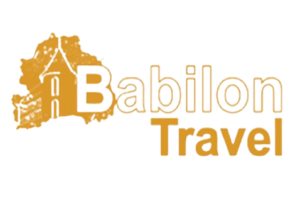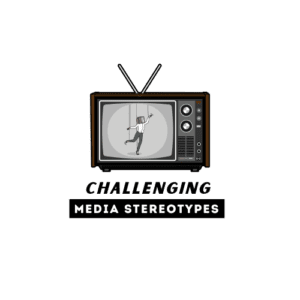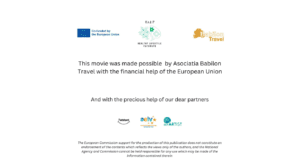Tools for Coaching Young People
 Tools for Coaching Young People was a multi-activity Erasmus+ project organized by Act Global CIC (UK), were Asociatia Babilon Travel acted as partner and sending organization.
Tools for Coaching Young People was a multi-activity Erasmus+ project organized by Act Global CIC (UK), were Asociatia Babilon Travel acted as partner and sending organization.
The first main activity was a training course in Gwersyll yr Urdd Glan-llyn, in Wales, UK, between December 9-16, 2016.
Objectives
The project had a twofold objective; To tackle the issue of coaching and participation of young people. “Tools for Coaching Young People” had also focused on how good quality coaching can increase the active participation of young people in the organization and the youth project implemented. This training course used hands on approach throughout to communicate the need of coaching by defining the roles and qualities of a coach. This helped help the participants to understand what the role of a coach within the youth work arena is.
The participants had space to come up with innovative ideas to deal with the topic of coaching and participation. Youth workers received information about Erasmus+ and how this tool can be used to implement innovative projects by young people. The trainers created an atmosphere in which the participants felt comfortable to express themselves and also make their ideas count. A hands on approach helped to really experiment with the idea together with other people with different views to come up with something unique which can be applied in the partner’s home organization and other European youth projects.
This training course also tackled the issue of inclusion and participation in detail. It offered information about different kinds of inclusion that exists and are also categorized in the Erasmus+ programme. The various sessions of inclusion were be followed by participation of young people and the reality which youth workers / leaders face when working in groups.
This project focused on giving more skills to youth workers / leaders in the area of coaching skills. “Tools for Coaching Young People” gave special attention to provide space where participants could design, plan and implement activities on their own. This created an environment where participants could acquire and implement new skills, which will make them more employable.
Profile of Participants
The participants for the training course were selected by each of the partners.
All participants met the following criteria:
– Active in the organization / ideally have less than 2 years’ experience
– Have at least 18 years of age
– Have a good working knowledge of English
– Able to implement the skills, knowledge and attitudes acquired during the training.
Partners Involved:
1. Act Global CIC (UK);
2. Prisms (Malta);
3. Hellenic Youth Participation (Greece);
4. Seiklejate Vennaskond (Estonia);
5. Asociatia Babilon Travel (Romania);
6. Centar Za Ruralen Razvoj – Jie Struga Zdruzenje (FYR-Macedonia);
7.Aj Intercambia (Spain);
8. The Exchangeables (Netherlands).
The Venue
The venue for this training course was Gwersyll yr Urdd Glan-llyn, which is a multi-activity residential center. The Gwersyll is situated on the banks of Llyn Tegid near Bala, about a mile from the village of Llanuwchllyn in the shadow of the Aran, and within Snowdonia National Park.
The second main activity of the project was a follow-up and networking meeting in Malta, between November 29 – December 4, 2017
Directors/coordinators came together to ensure impact and the multiplying effects of the outcomes resulting from this project. In most cases results coming out from projects are lost because participants don’t follow up or are not given the opportunity to implement the ideas developed during the training. The partners had the possibility to listen to the project ideas that came up during the activity in Wales and capitalize upon them. This also gave time and space for the organizations to identify their main needs and plan how to use Erasmus+ as a tool to further increase the quality of the work they do within their communities.
Main Objectives
– How to keep improving the level of youth work service offered to young people;
– How to work together in future projects keeping coaching as a main method;
– How to develop further the coaching skills of the volunteers/youth workers who are part of the organization;
– Develop a plan of action and identify needs which need to be tackled by the partners using Erasmus+ as a tool,


